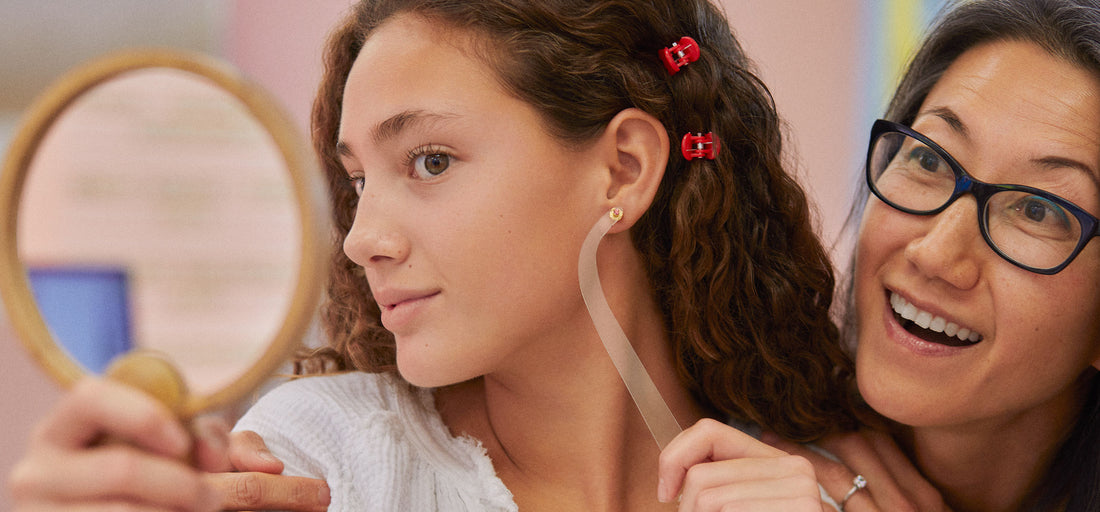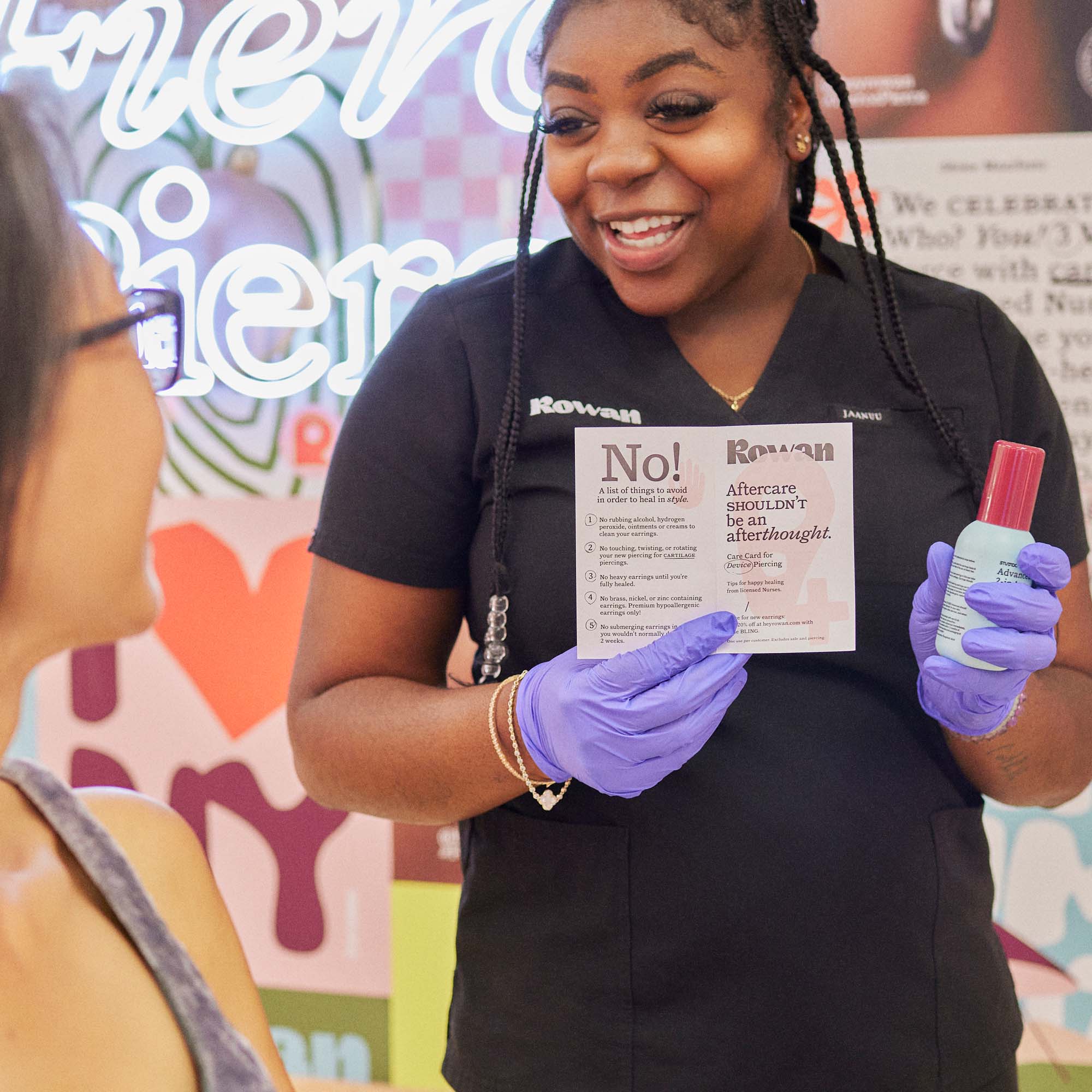Medical Reasons Why You Should Not Get an Ear Piercing
How to style your ears without piercing

When it comes to personal style, there’s nothing quite like ear piercings to show the world a little piece of who you are. It’s easy to understand why everyone would want to enjoy this right of passage; however, it’s important to recognize that ear piercing may not be advisable due to various medical reasons. Not to worry, though, because there are many non-piercing options that will enable you to bling out your ears sans needle.
How do I know if I should put off getting my ears pierced?
For many, you may not have a direct medical reason to avoid ear piercing altogether, but that doesn’t mean you can’t time your piercing around your lifestyle.
Season/weather:
If you enjoy the great outdoors during the cold winter months, your closet is probably jam-packed with comfy sweaters, scarves, and outdoor coats. Snagging earrings is very easy to do on bulky clothing, which can cause a lot of discomfort and potentially lead to piercing bumps.
Physical activities:
If you’re an intense athlete or you participate in contact sports, it may be best to wait to get a new piercing until after you’ve brought home your season trophy. Not only will sweat and germs have an easier way to interfere with healing, but you could place your ear health at risk if an earring gets ripped out during a game.
For athletes with existing piercings, our sports studs are a great option. Made of hypoallergenic silicone, they are flexible (so any damage from receiving an elbow or a soccer ball to the ear will be minimized), and their low-profile fronts allow you to easily put on a helmet without disrupting your ears.
Pending changes:
Traveling to places where water quality is poor
Medical Procedures requiring you to remove jewelry, such as surgery or dental procedures. New ear piercings take a year to heal and will close within minutes of having jewelry removed.
Medical Reasons to Wait
Sometimes, we need to only temporarily delay a piercing appointment for a short while, especially if you’re experiencing any of the following:
-You are sick or run down (especially if you are taking antibiotics or steroids)
If you’ve recently had your ears pierced or your body is healing other wounds, a good rule of thumb is to wait a least 4 weeks before getting a new ear piercing.
Medical Reasons to Avoid Ear Piercing
If you’re taking certain medications or have any of the following medical conditions, it’s important to discuss the risks with your primary care provider before attempting to have your ears pierced.
Piercing Alternatives to Adorn Your Ears
If you fall into one of these categories but still want the look of a pierced ear, fear not! Cuffs are amazing for a faux piercing.


You may have older piercings that pre-date any of the medical concerns above, but if you want to maximize the look and sparkle of single ear piercings, you can always try hoops that are singles but look like multiples like our:

Show off your edgy side with a chain hoop: Trinity and Chain Hoops (pro tip - add a charm to the chain for even more sparkle!
The information provided should not be used for diagnosing or treating a health problem or disease. Information contained on this website is for informational purposes only. No material on this site is intended to be a substitute for professional medical advice, diagnosis, or treatment, and those seeking personal medical advice should consult with a licensed physician or other qualified healthcare provider.


